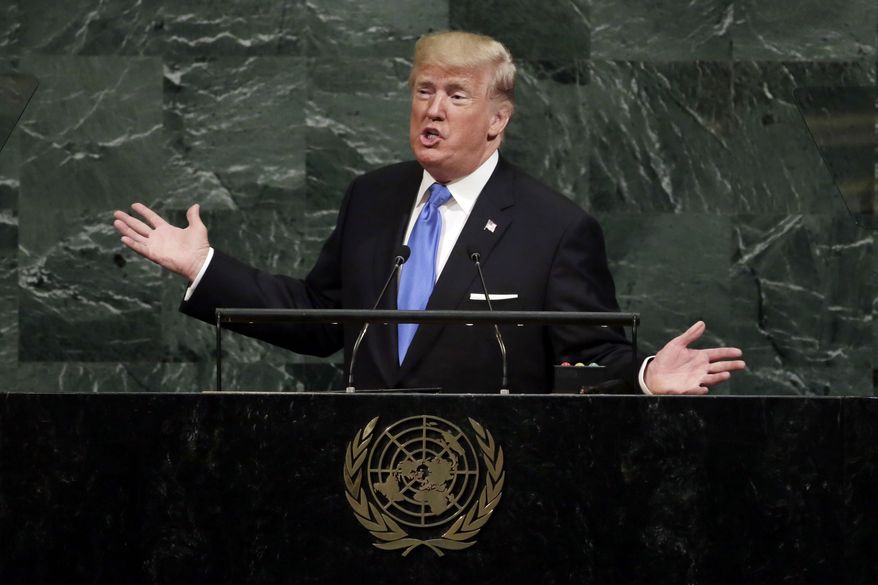
Su Jingxiang, Fellow, China Institutes for Contemporary International Relations
Oct 09, 2017
Trump’s “America First” strategy is really not that different from the self-serving strategy the US has always pursued.

Shaun Tan, Writer
Oct 09, 2017
The concept of sovereignty is a keystone of the international system. It’s also one of the most abused concepts in international relations.
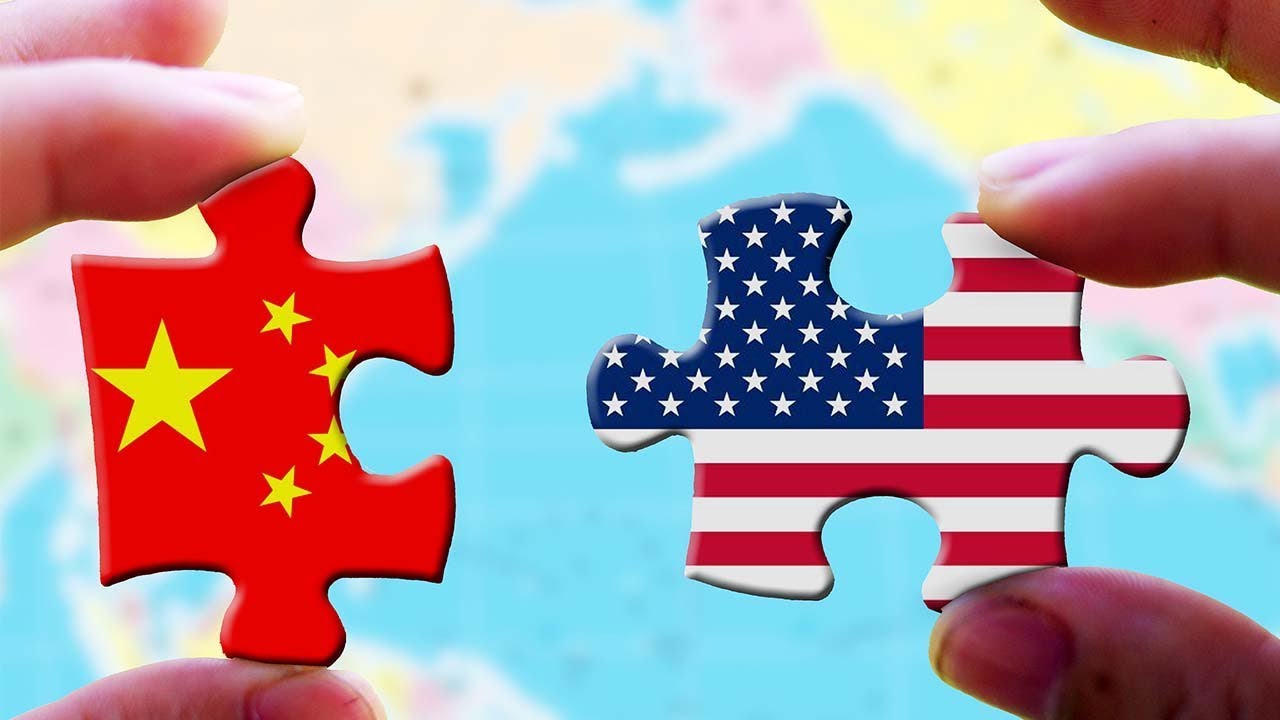
Cui Liru, Former President, China Institutes of Contemporary International Relations
Oct 09, 2017
It is well known that tremendous differences exist between China and the US, the world’s two most important countries. How can this gap be breached?

Matt Ferchen, Nonresident Scholar, Carnegie-Tsinghua Center for Global Policy
Oct 04, 2017
Just as President Donald Trump threatens to gut the State Department and Agency for International Development (USAID) budgets for development and foreign aid, China has been stepping up its own international development promotion efforts.
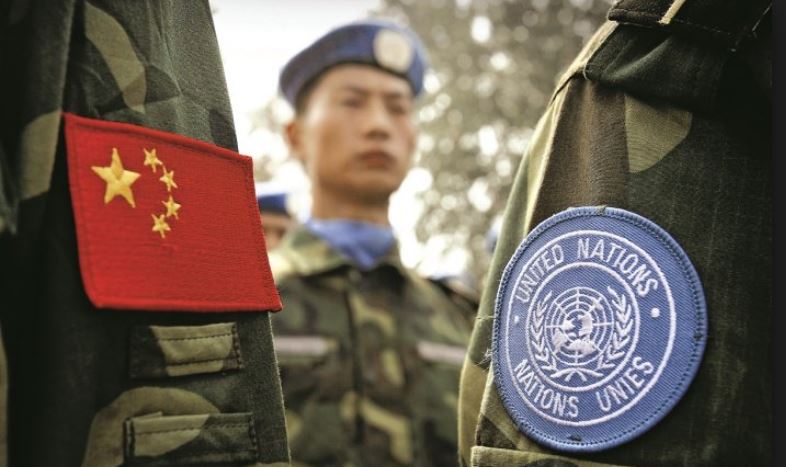
Liu Jieyi, Permanent Representative of China to the United Nations
Oct 03, 2017
“Chinese ideas” such as building a global community of shared future and the “Belt & Road” initiative represent the global trends and aims for win-win outcomes. They are making tractions.
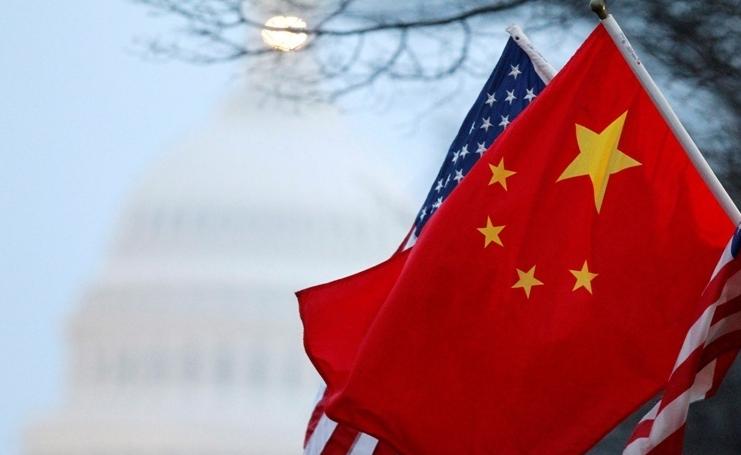
Chen Yonglong, Director of Center of American Studies, China Foundation for International Studies
Oct 03, 2017
China and the U.S. can create a kind of relationship that has never been seen before.
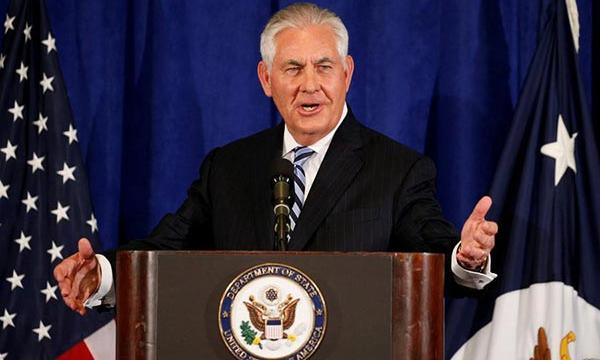
Chen Weihua, Deputy Editor, China Daily USA
Sep 29, 2017
Secretary of State Rex Tillerson holds a press briefing during the UN General Assembly in New York, US, Sept 20, 2017. [Photo/Agencies]US Secretary of State Rex
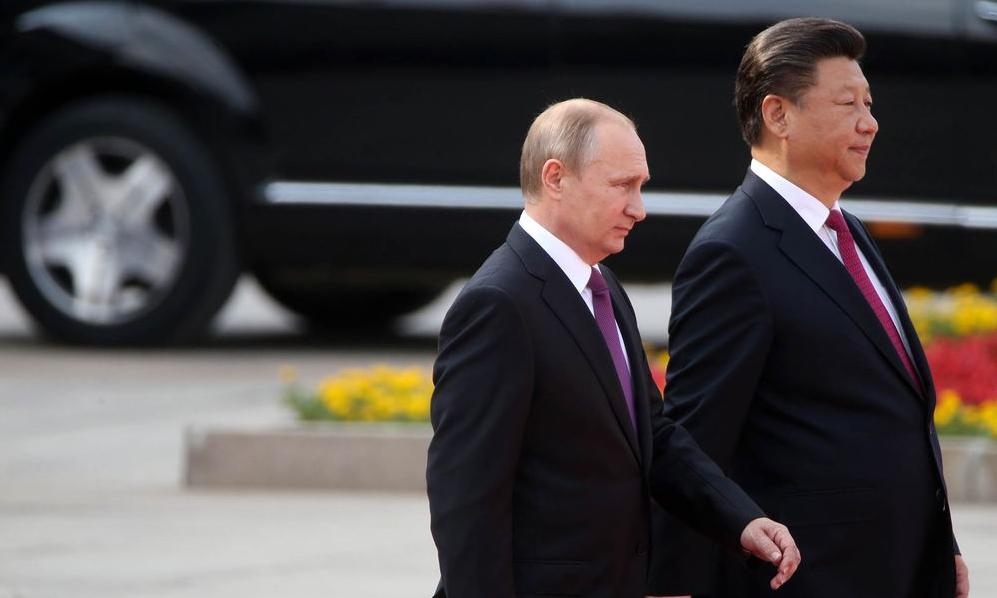
Zheng Yu, Professor, Chinese Academy of Social Sciences
Sep 28, 2017
Just as changing circumstances have altered Russia’s relationship with the US, they have also altered its relationship with China.
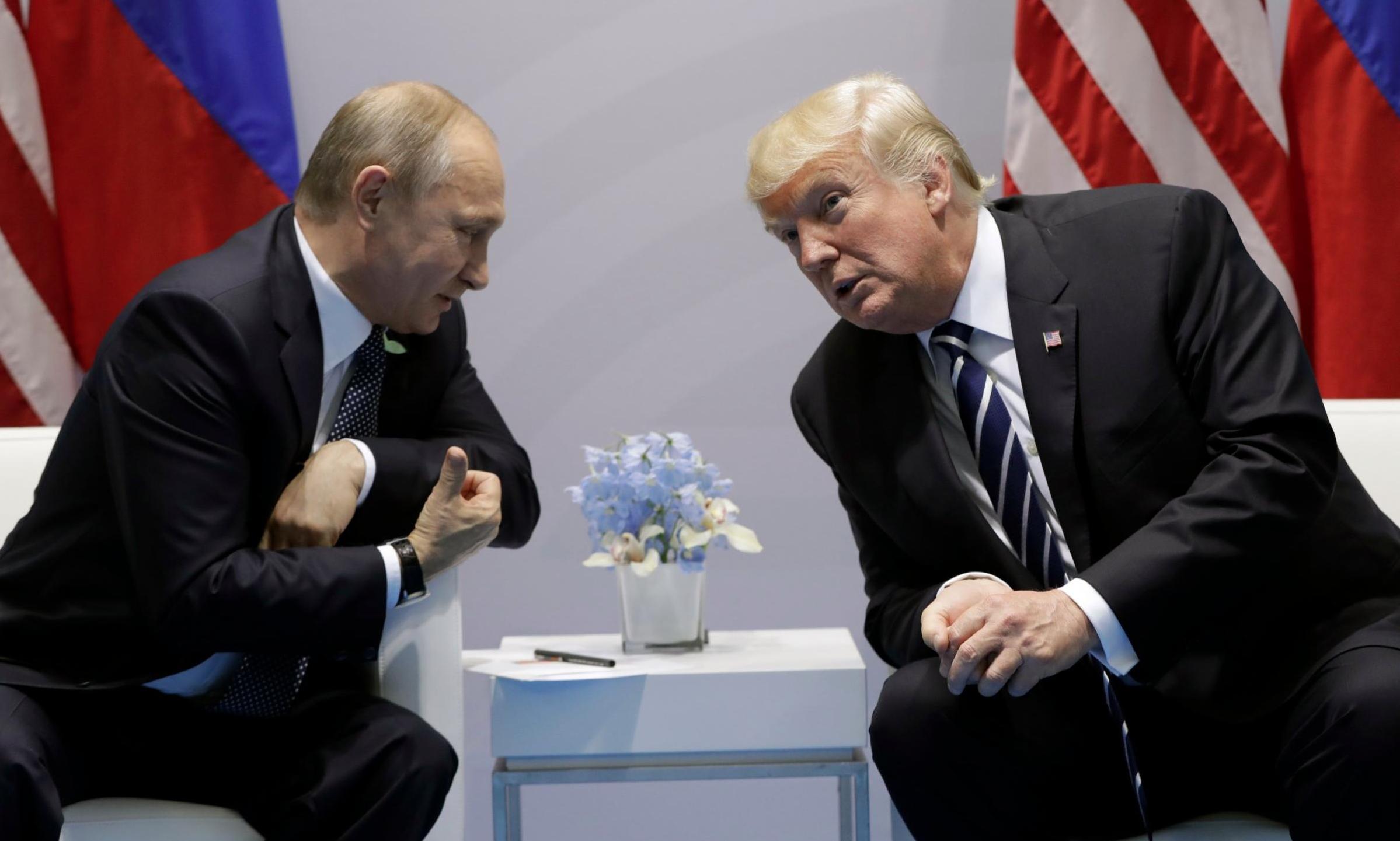
Yu Sui, Professor, China Center for Contemporary World Studies
Sep 28, 2017
After a friendly start, relations between the Trump administration and Russia soon soured. Will this relationship remain strained?
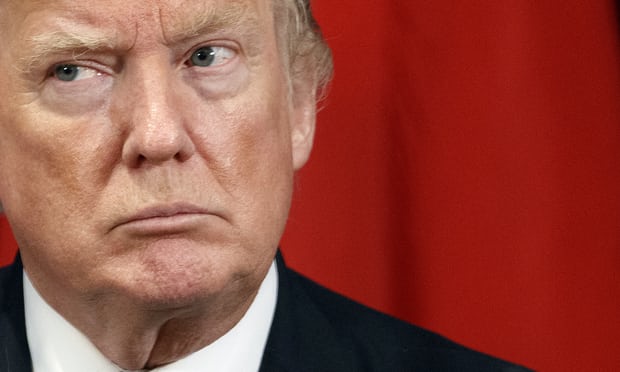
Chen Jimin, Guest Researcher, Center for Peace and Development Studies, China Association for International Friendly Contact
Sep 28, 2017
In his recent speech at the UN, President Donald Trump hinted at the future direction of US strategy. Here are the key takeaways.
Back to Top

- China-US Focus builds trust and understanding between the U.S. and China through open dialogue among thought leaders.
- Our Offerings
- Topics
- Videos
- Podcasts
- Columnists
- Research Reports
- Focus Digest
- Stay Connected
-
Thanks for signing up!
- Get the latest stories from China-US Focus weekly.